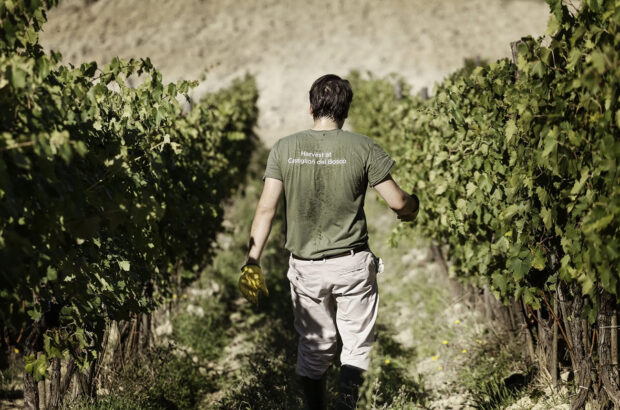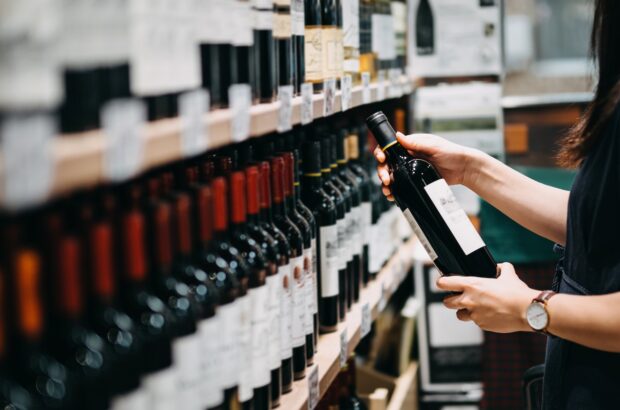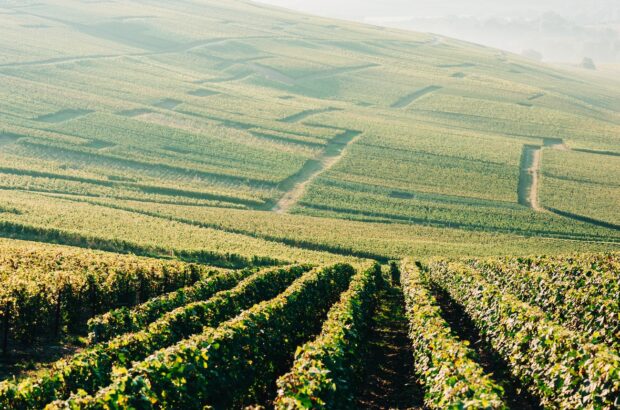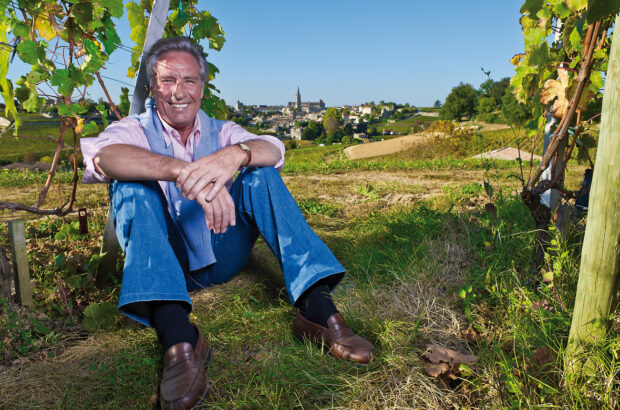The creation of an Instituto da Vinha e do Vinho dos Açores (IVVA), with headquarters in the island of Pico, follows the remarkable qualitative growth that the Archipelago of the Azores’ wine industry has been experiencing over the past decade.
‘People are excited about growing fruit and making wine here. There are about 300 growers producing their own fruit and a lot of small “garage” producers are starting. Some of them have worked and trained with us and are now making very interesting wines,’ said winemaker António Maçanita.
Maçanita recently inaugurated a state of the art winery with restaurant and accommodations as part of his Azores Wine Company project in Pico.
‘Even the coops are active in making this a better region. In 2013 the grapes were about €0.70 a kilo but now we can negotiate between €2 and €5. If you can make farming an appealing job you can create social change,’ he told Decanter, highlighting the crucial role that the development of the region’s wine industry is having in tackling depopulation.
The new IVVA will be instrumental in raising quality standards
The new IVVA will also be instrumental in raising the quality standards across the entire Azorean wine industry, and promoting its image on the national and international markets.
‘I followed the [IVVA proposal] from the beginning. I was one of the people who was asked to comment on it,’ said winegrower Fortunato Garcia, whose unfortified, 19% abv late-harvest dry wine is one of the Azores’ highest-prized bottlings.
‘We really do need an institute that can protect and promote our wines, control the way that we present ourselves to the world.’
While the archipelago’s producers already benefit from the support of a regional winegrowing commission (CVRA) that oversees the authenticity and quality of wines with indication of origin (the three Denominations of Origin Biscoitos, Graciosa, and Pico, as well as the Geographical Indication Açores), the new IVVA will have authority over all wines in the archipelago.
‘If I buy wine from the mainland and label it as Pico wine, the CVRA cannot control whether the wine is actually from Pico or not and this doesn’t make sense,’ said Garcia.
‘There are people that would buy wine [in bulk], bottle here, then sell it as cheap Azorean wine. But making wine here is very expensive and it is not possible to sell it for €3 a bottle when a kilo of grapes cost more than €2. On the contrary, the IVVA will be able to control any wine that comes into the Azores.’
In addition to auditing the quality of the wines, the Institute is expected to offer further support to the Azores’ winegrowers, including coordinating and controlling the institutional organisation of the regional wine sector, and promoting and marketing the Azores’ wines.
Concerns over the Institute’s political nature
While the Institute is likely to represent a significant step forward for the Azores’ wine industry, the archipelago’s producers have expressed concerns over its political nature.
‘I have mixed feelings about the IVVA,’ admitted Maçanita. ‘The principles are all good and the IVVs are doing a great job in the Douro and Madeira. The problem, like everything that is political, is that they are bureaucrats, detached from the industry and from what is important for the consumers and the producers. Unlike a consortium, which consists of industry representatives, the danger with the IVVA is that [the producers] cannot vote them out.’
Indeed, Garcia explained that only a minority of the IVVA board will consist of industry representatives. Specifically, one member will be representing the Azores’ independent producers and one its cooperatives.
‘Those two are going to be the only ones who really know about wine. But in my opinion, the board needs more people who know what they are doing. One wonders whether the IVVA is going to be good [for the Azores’ wine industry] or not. The fact that it’s a political institution makes you think,’ he said.
The IVVA is expected to become official later in the year, after which its president and board members will be appointed.






